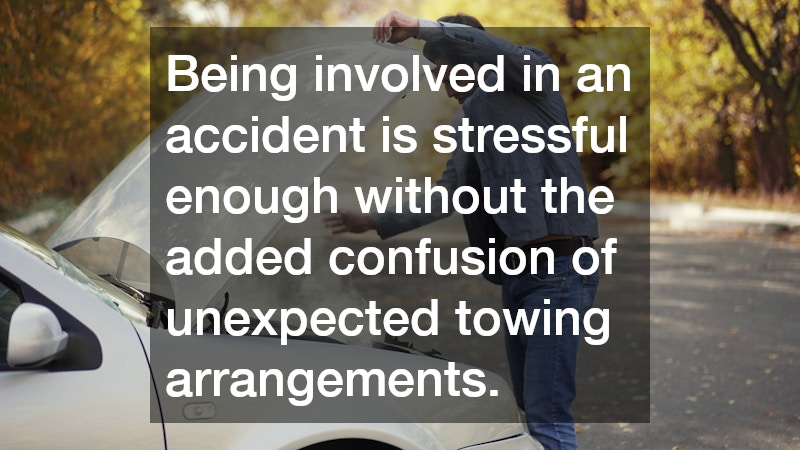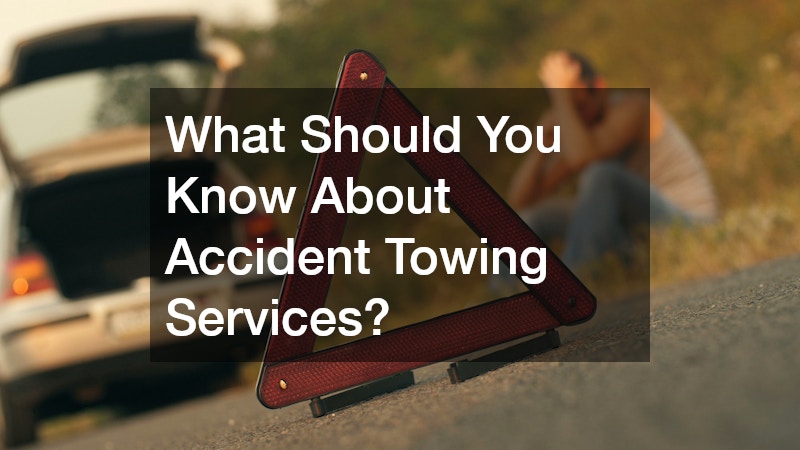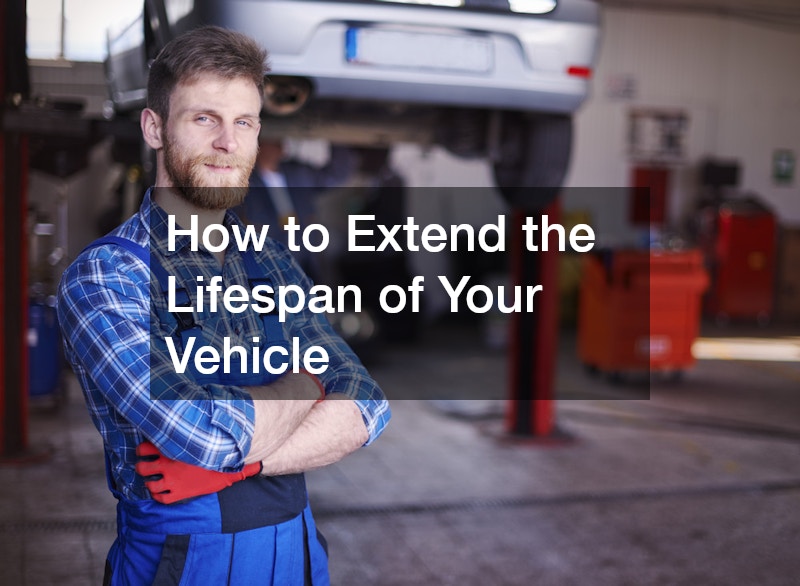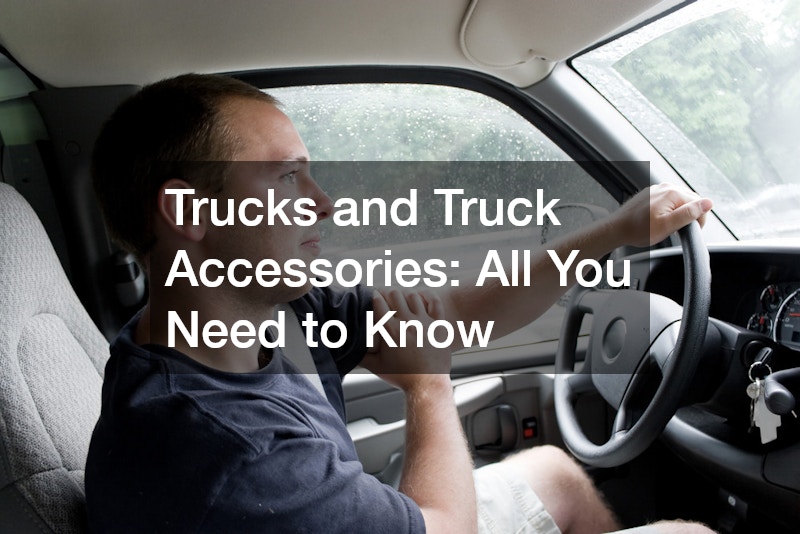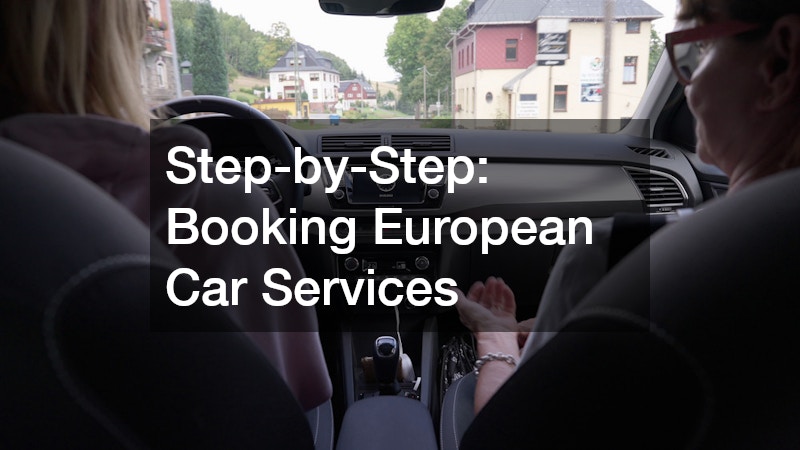Accidents on the road can happen in an instant, leaving behind not just physical damage, but also a rush of confusion and logistical headaches. One of the first and most critical services needed in the immediate aftermath of a collision is accident towing. While it may seem like a straightforward process, there are several important considerations that drivers should be aware of when it comes to towing services following a crash.
Understanding your rights, responsibilities, and available options can make a significant difference in both cost and convenience.
Understanding the Role of Accident Towing Services
Accident towing refers specifically to the process of removing a damaged or immobile vehicle from the scene of an accident. Unlike general towing, which might involve a breakdown or mechanical issue, accident towing typically occurs under more urgent or regulated conditions. The priority is to clear the roadway quickly, ensure public safety, and transport the vehicle securely to a repairer or holding yard.
In many jurisdictions across Australia, accident towing is a regulated industry. That means only licensed operators can perform towing services at crash scenes, and they must follow specific protocols. These regulations are in place to protect consumers from predatory practices and to ensure the integrity of crash investigations. Towing operators are usually dispatched through police or authorised dispatch services rather than being self-selected on the spot by the driver or a bystander.
Know Your Rights Before You Agree
It’s vital that drivers know they have the right to choose where their vehicle is taken after an accident. Even though a tow truck may arrive quickly at the scene, you should never feel pressured to agree to a location or repairer you’re unfamiliar with. You’re entitled to specify the destination, whether that’s your preferred mechanic, an insurer’s authorised repair centre, or a secure storage yard. If you’re unsure in the moment, it’s acceptable to have the car stored temporarily while you take time to decide.
Many towing companies operate ethically and within the law, but there are instances where unsuspecting drivers have signed away control of their vehicle simply because they weren’t fully informed. Carefully read any documents you’re asked to sign, and never feel obligated to make decisions under pressure. If necessary, ask for identification and check that the operator is licenced and authorised for accident towing in your state or territory.
The Role of Insurance in Accident Towing
Accident towing is often covered under comprehensive car insurance policies, but coverage can vary depending on your provider and the terms of your plan. Some insurers will reimburse towing expenses up to a certain limit, while others may require you to use a specific towing partner. It’s a good idea to familiarise yourself with these details before you ever need to make a claim.
If your policy includes roadside assistance, accident towing might be handled differently from breakdown towing. Insurers often have different claim processes for collisions, and it’s common for them to liaise directly with the towing company. However, in the immediate aftermath of an accident, you may still be required to arrange towing independently and later provide receipts for reimbursement.
Understanding the Cost Factors
The cost of accident towing can vary depending on several factors, including distance, vehicle type, time of day, and whether storage is involved. In regulated states, pricing is often capped or standardised, but there may still be charges for after-hours service, additional labour, or extended holding periods. If you’re given a quote on the spot, ask for a written breakdown and clarify what’s included.
Be wary of hidden fees. Some towing operators might not clearly disclose storage charges, release fees, or administrative costs until much later. To avoid surprises, request a copy of the full fee schedule and ask whether your vehicle will be taken to a holding yard, and if so, for how long.
Selecting a Trustworthy Provider
While you may not always have control over which company is dispatched to the scene, doing some research in advance can still be beneficial. Many reputable accident towing companies operate 24/7 and serve specific regions. Knowing which services operate in your area and which are preferred by your insurer can help avoid delays and complications should an emergency arise.
Accident towing companies that maintain a good reputation typically have a history of compliance with local regulations, fair pricing, and positive feedback from customers. If you have time and the ability to make a choice at the scene, consider asking questions about the tow truck operator’s licence and experience. In some cases, your insurer or roadside assistance provider may be able to recommend a trusted service directly.
Why Accident Towing Knowledge Matters
Being involved in an accident is stressful enough without the added confusion of unexpected towing arrangements. With the right knowledge, you can ensure that your vehicle is handled professionally, legally, and affordably. Learning the basics of how accident towing works, knowing your rights, and preparing ahead of time will give you peace of mind should the unexpected occur.
From ensuring proper licensing to understanding your insurance coverage, being informed about the process makes all the difference. Accident towing is more than just moving a vehicle—it’s a critical service that can influence everything from your repair timeline to your overall recovery after a crash. Stay prepared, ask questions, and always keep safety and transparency at the forefront.
